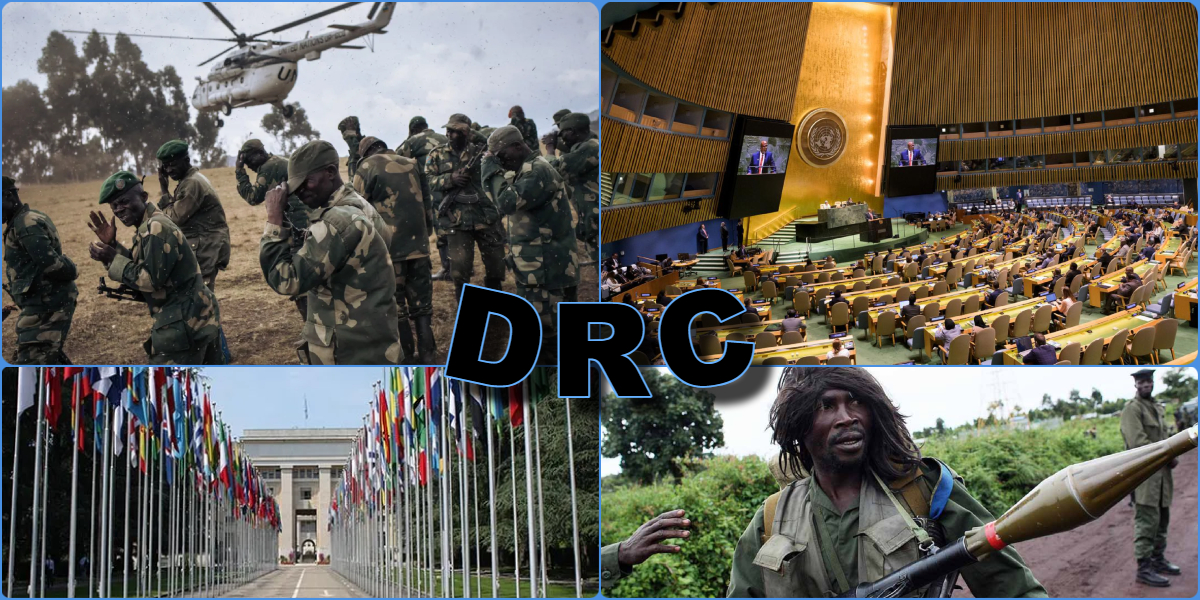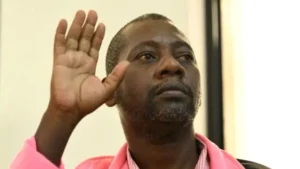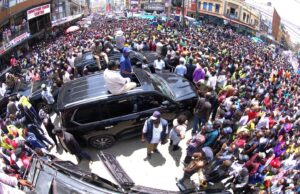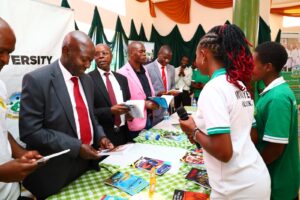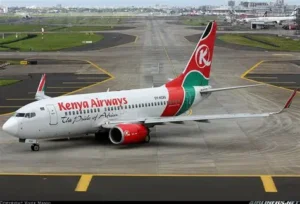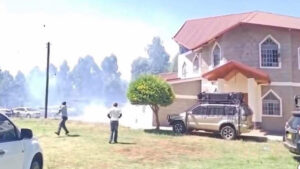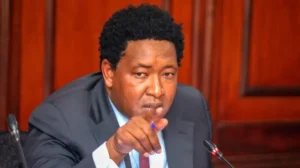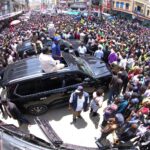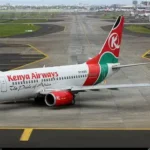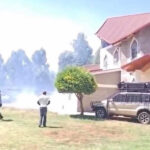The eastern Democratic Republic of Congo (DRC) has witnessed a resurgence of clashes between M23 rebels and various foreign entities. Tens of thousands of people have been forced to flee their homes, exacerbating a crisis in a nation already grappling with over six million internally displaced individuals.
President Felix Tshisekedi, addressing the United Nations General Assembly last month, made a bold statement.
Read also: The Peacemaker Abroad, Chaotic at Home: Uhuru Kenyatta’s Dilemma
“It is time for our country to fully take its destiny in hand and become the principal actor of its own stability,” he declared, signaling the government’s intention for the United Nations peacekeeping mission, MONUSCO, to leave the region.
![Millions of people displaced by the ongoing violence in eastern DRC need urgent humanitarian assistance. [Photo: IOM]](https://news.switchtv.ke/wp-content/uploads/2023/10/drc-e72a0715-1920.jpg)
UN Secretary-General Antonio Guterres has expressed deep concern about the deteriorating security situation in eastern DRC, while President Tshisekedi seeks a homegrown solution to the ongoing conflict.
UN peacekeepers have been present in the DRC since 1999, operating under MONUSCO, one of the world’s largest and costliest peacekeeping missions, with an annual budget of approximately Ksh 150 Billion.
However, the mission has faced criticism due to the perception that it has failed to curb violence.
On the regional front, Uganda sent troops to eastern DRC in late 2021 at Kinshasa’s request to combat the Allied Democratic Forces group. This move triggered tensions with neighboring Rwanda, leading to an offensive by the Rwanda-backed M23 group, causing over a million people to be displaced.
![Kenyan soldiers depart Jomo Kenyatta International Airport for eastern Democratic Republic of Congo to join a new regional force vowing to “enforce peace”. [Photo/Courtesy]](https://news.switchtv.ke/wp-content/uploads/2023/10/2022-11-16T071023Z_1658252466_RC2RMX96AYFM_RTRMADP_3_CONGO-SECURITY-1.JPG.webp)
In response, the East African Community deployed a military force to eastern DRC, comprising troops from Kenya, Uganda, Burundi, and South Sudan. The regional force established buffer zones north of Goma, leading to concerns from the DRC government.
President Tshisekedi accused the East African force of “cohabiting” with the M23. The DRC had pinned its hopes on troops from the Southern African Development Community bloc, but progress on that front has stalled.
Read also: Senator Omtatah Opposes the Proposed Relocation of Busia Stadium
In another twist, nearly 1,000 Western soldiers, working for private military companies Agemira and Congo Protection, have been actively involved in combat against the M23. These contractors have been integrated into the Congolese military and have conducted bombing raids on M23 positions.
Furthermore, state-allied militias known as “Wazalendo” have been implicated in the ongoing clashes. While the Congolese army maintains it respects a ceasefire agreement with the M23, local residents and security sources suggest that it supports these informal fighters.
Subscribe to Switch TV
Congo’s government spokesperson praised these fighters as “brave young Congolese.” Reports indicate collaboration between the Congolese military and armed groups, some of whose commanders are under international sanctions.
The situation in eastern DRC remains volatile, with various foreign entities, regional forces, private military contractors, and state-allied militias all playing complex roles in the ongoing conflict. The government’s call for the departure of UN peacekeepers adds another layer of uncertainty to the situation.


